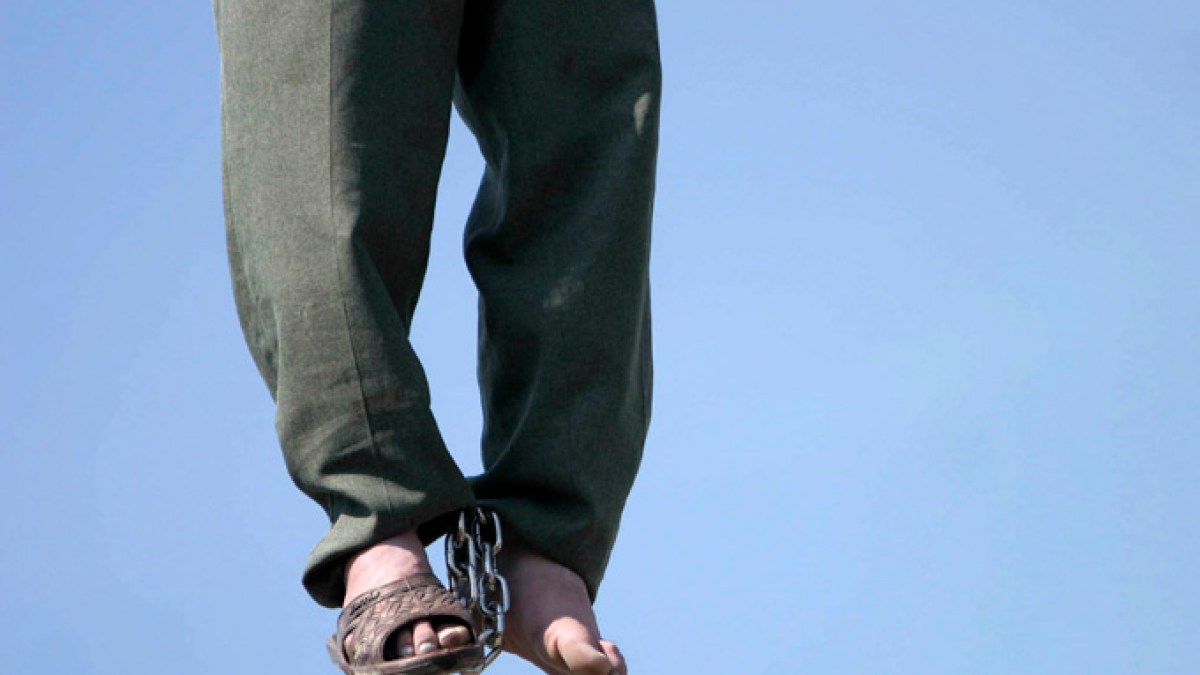Amidst ongoing tensions, Iran has executed four individuals who were accused of being involved in an Israeli intelligence-led operation. The quartet was alleged to be plotting a bomb attack on a factory manufacturing military equipment, with the Supreme Court of Iran rejecting any appeals, leading to the implementation of the death sentences. This act has further intensified the existing animosity between Iran and Israel.
The Allegations and Conviction
The individuals were convicted of unlawfully crossing the Iran-Iraq border from the northern Kurdish region. Their purported target was a factory situated in the central city of Isfahan, responsible for producing equipment for the Ministry of Defence and Armed Forces Logistics. Although the operation was planned for the summer of 2022, it was thwarted by the vigilance of Iranian intelligence forces.
Geo-Political Rivalry
The longstanding enmity between Iran and Israel has been characterized by mutual accusations and counter-accusations. The current discord revolves around Iran’s nuclear ambitions, with Israel alleging Iran’s support for armed groups like Hamas and Hezbollah. In turn, Iran contends that Israel has orchestrated targeted attacks on Iranian officials and scientists, an assertion neither confirmed nor denied by Tel Aviv.
Wave of Executions in Iran
Iran’s consistent execution rate, second only to China, has garnered global attention. Typically, these executions are performed through hanging. The recent string of executions, including the aforementioned case, signifies a concerning trend. Reports indicate that a significant number of individuals were executed in 2023, with critics highlighting instances of unfair trial proceedings and breaches of due process standards.
International Outcry and UN's Intervention
The execution of individuals allegedly involved in nationwide protests has drawn criticism from the United Nations. Experts from the UN’s human rights agency have voiced dismay over the surge in executions, calling upon the Iranian government to halt this alarming trend. Volker Turk, the United Nations’ human rights chief, labeled Iran’s record of executions as “abominable,” underscoring the urgency for reformation and adherence to international human rights standards.
Conclusion
The recent executions in Iran bear significant ramifications, not only within the country but also in the realm of international relations. The execution of these individuals amidst contentious geopolitical dynamics emphasizes the urgency of fostering dialogue and diplomacy to address deep-seated animosities. The global community, particularly the United Nations, has a pivotal role in advocating for fundamental human rights and ensuring that due process is upheld. It remains imperative for all stakeholders involved to seek peaceful resolutions and mitigate the escalation of conflicts.


